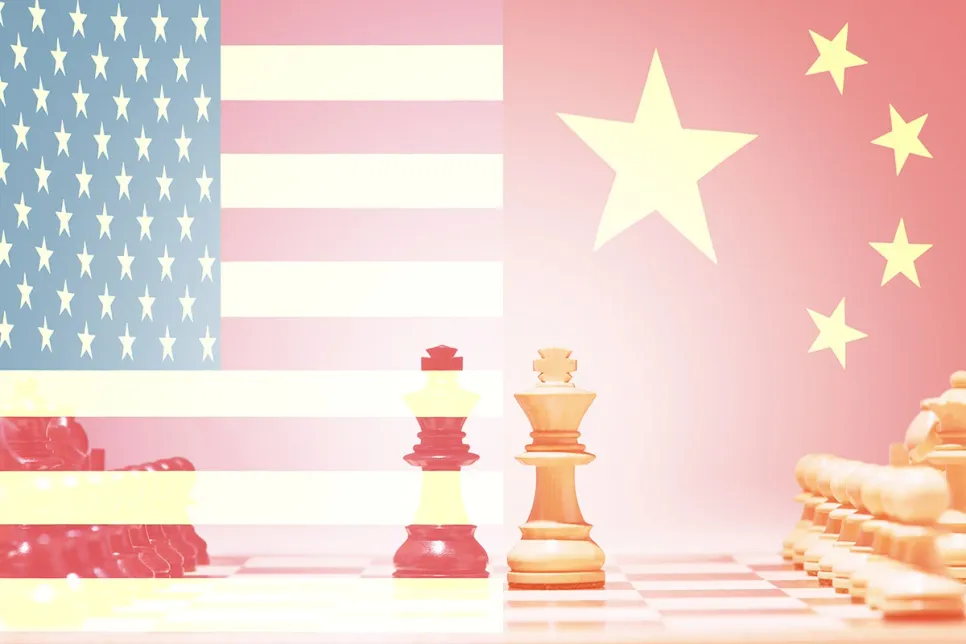Orqa Scales Global Production Capacity to 1 Million Drones
Orqa, Europe’s leading developer of FPV (first-person view) and unmanned aerial systems (UAS), announced the launch of its Global Manufacturing Partnership Program.

Donald Trump ratcheted up his battle with China for dominance of 5G, moving to curb Huawei’s access to the U.S. market and American suppliers, according to Bloomberg.
The U.S. president signed an order that’s expected to restrict Huawei and fellow Chinese telecommunications company ZTE from selling their equipment in the U.S. Shortly afterward, the Department of Commerce said it had put Huawei on a blacklist that could forbid it from doing business with American companies.
The pair of actions risk aggravating Beijing as the American president seeks to pressure China’s leaders into agreeing to a wide-ranging trade deal. Trump has threatened to impose tariffs on almost all imports from the world’s No. 2 economy after last week hiking duties on some $200 billion in Chinese products.
In the executive order, which didn’t name any countries or companies, Trump declared a national emergency relating to threats against information and communications technology and services. The Commerce Department’s move to put Huawei on its “Entity List“ means U.S. companies will need a special license to sell products to the Chinese company. A similar move against ZTE last year nearly forced the company to shut down before Trump intervened and a deal was reached.
Barring Huawei from buying American components could deal the Chinese giant a severe blow, and potentially impede the global roll-out of 5G. “The impact is well-beyond its 5G ambitions because without these American suppliers like Qualcomm and Marvell, it can’t even keep a normal operation,“ said Roger Sheng, a China-based analyst with Gartner Inc. “One question remains unanswered though, is how strict will the U.S. execute the ban.“
Huawei is estimated to devote almost a fifth of its spending to American companies from Micron to Qualcomm. Blocking that supply not only threatens to wallop those U.S. suppliers’ business, it could also impede Huawei from making everything from smartphones to networking gear. If that happens, countries and telecoms carriers around the world that are already shelling out billions to build 5G networks may have to rely on equipment from Nokia and Ericsson.
The executive order doesn’t outright ban U.S. sales by the companies, but would give greater authority to the Commerce Department to review products and purchases by firms connected to adversarial countries, including China. The Commerce Department’s blacklisting of Huawei isn’t effective until it’s listed in the Federal Register. The department didn’t say when that would occur. Commerce, in conjunction with national security agencies, is expected to determine who’s considered an adversary as part of regulations to be written in the next 150 days.
Restricting Huawei from doing business in the U.S. “will only serve to limit the U.S. to inferior yet more expensive alternatives,“ the company said in a statement in response to Trump’s actions.